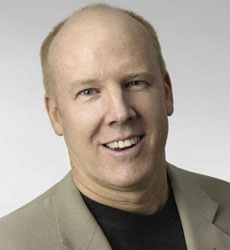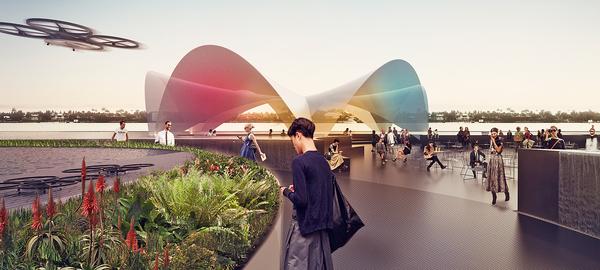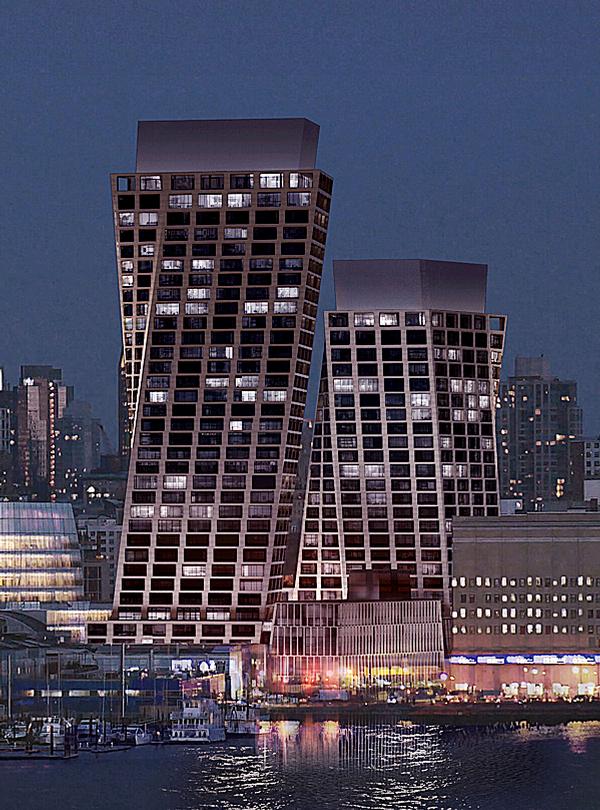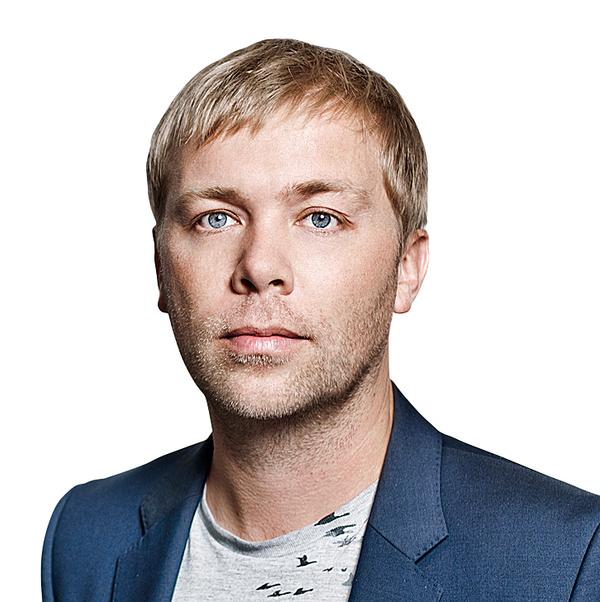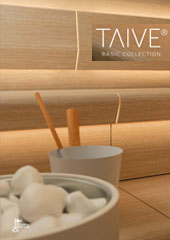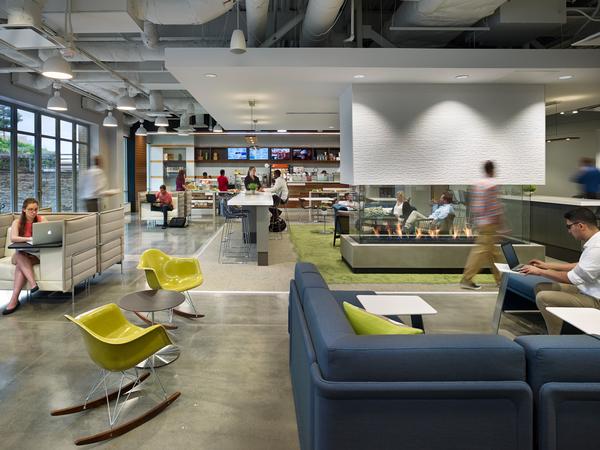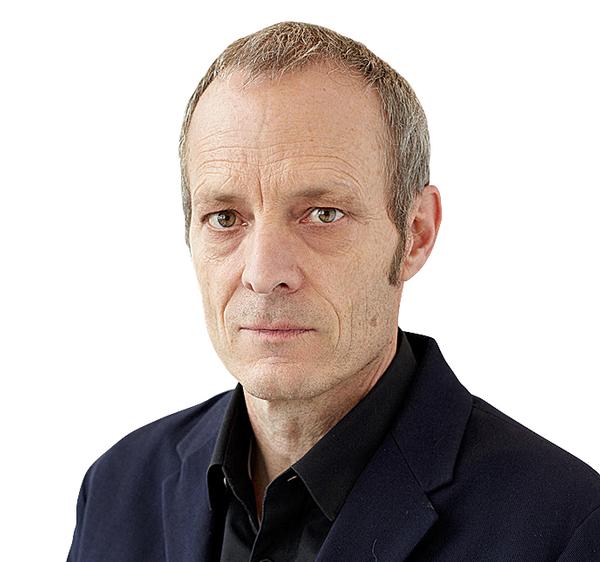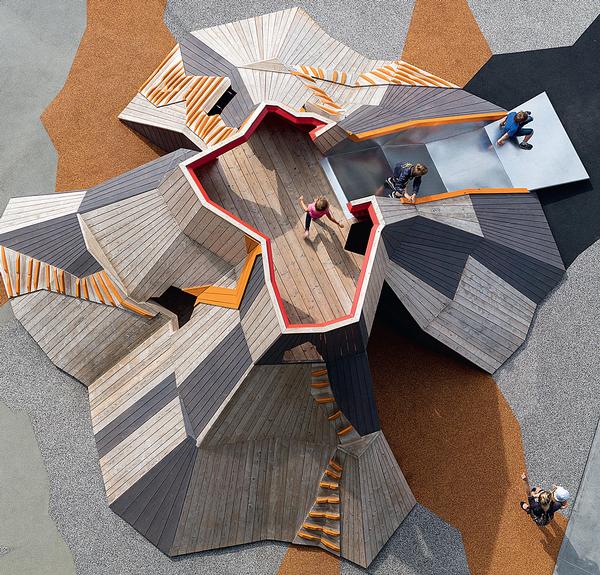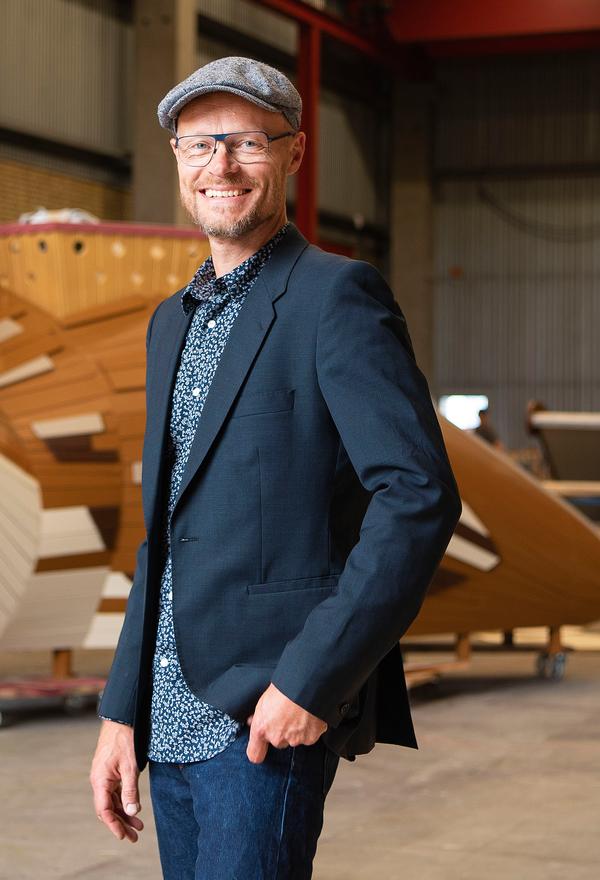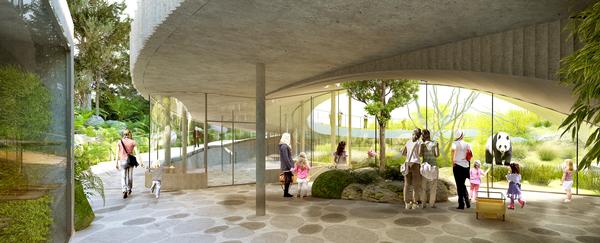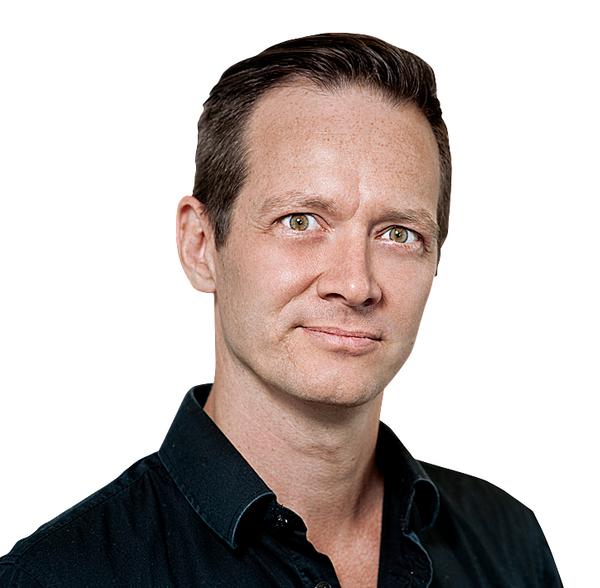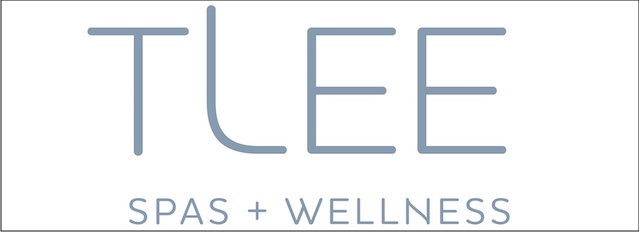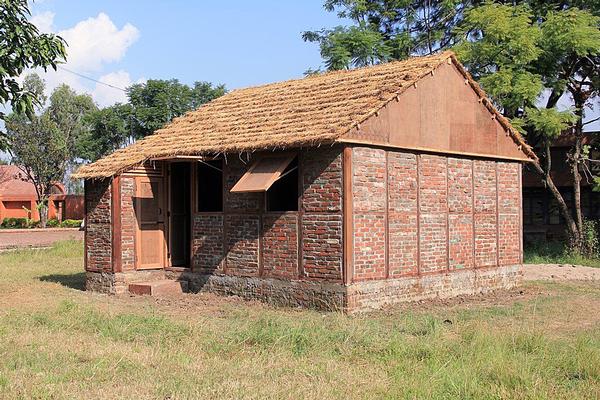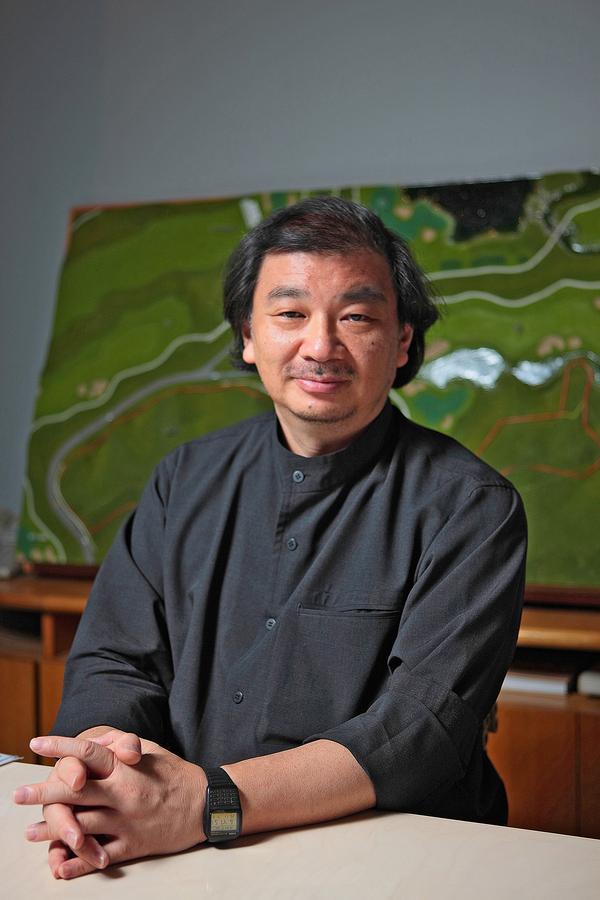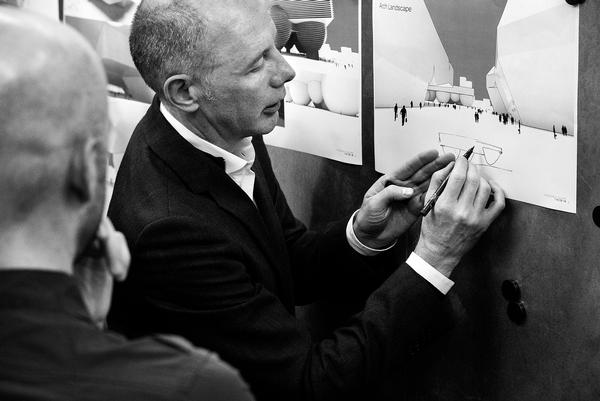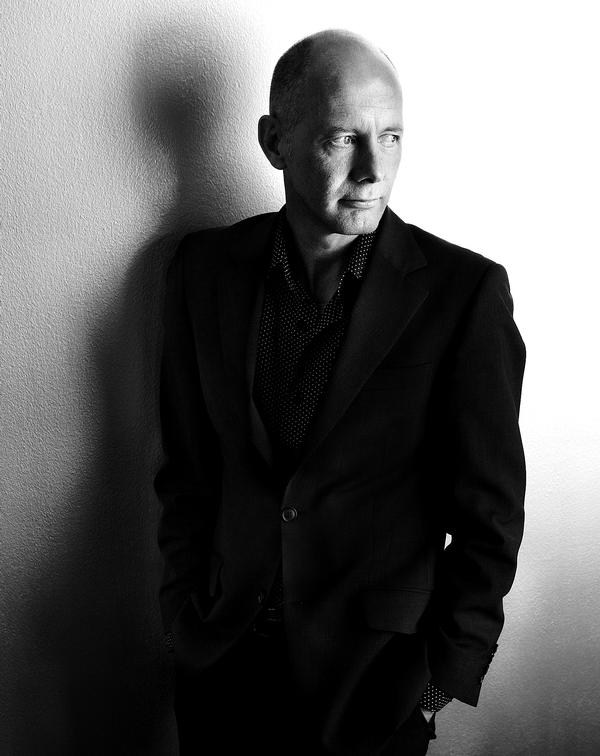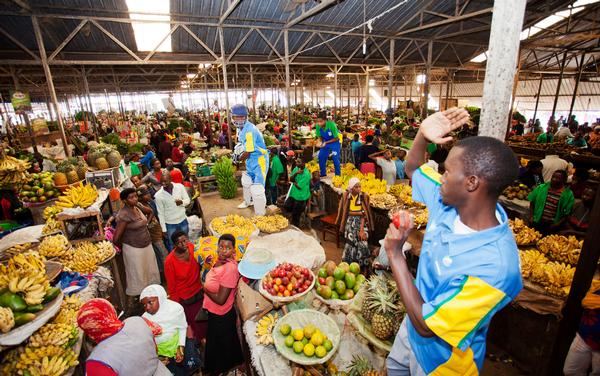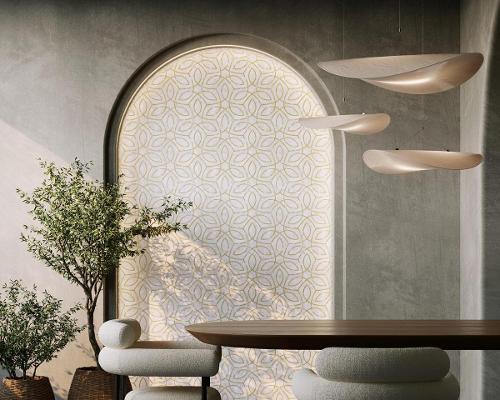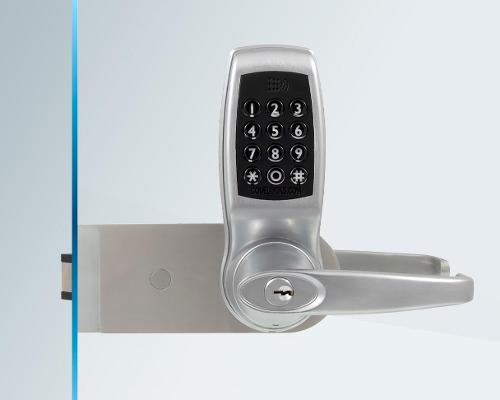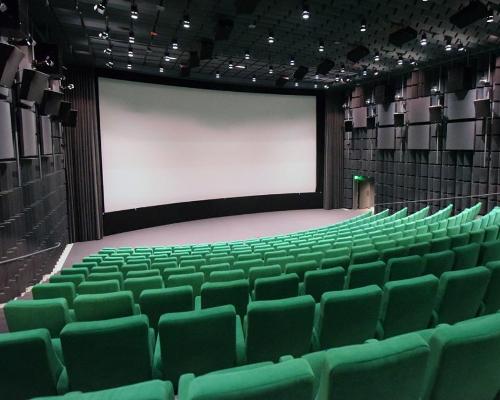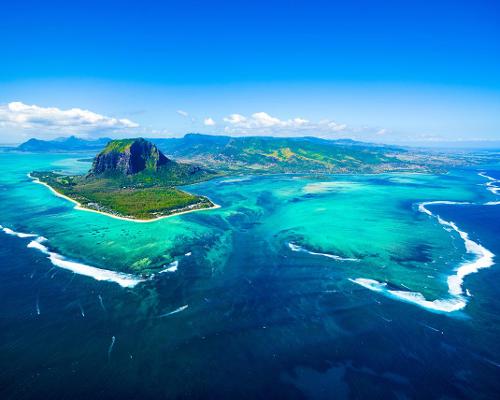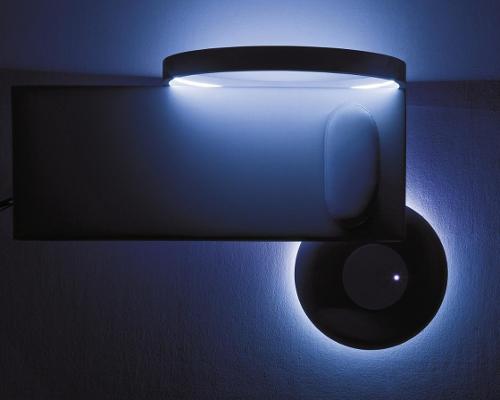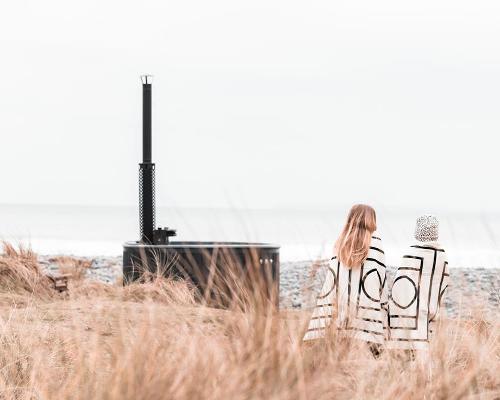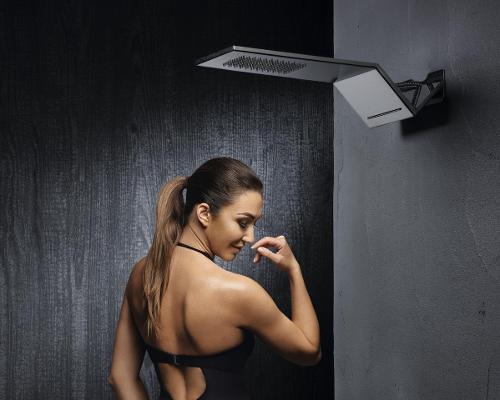Everyone’s talking about
COVID-19
Leading spa operators, wellness companies and organisations from around the world assess the impact of the coronavirus pandemic – highlighting examples of best practice and looking at what to expect moving forward
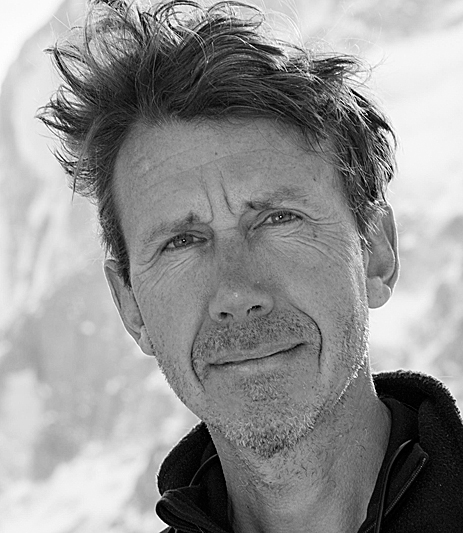
From an economic perspective, we’re facing a ‘demand shock’, meaning people cannot consume at the moment, and a ‘supply shock’ globally. This has never happened before in the history of economic records dating back to the 18th Century. Ever. As explained in my recent webinar for Professional Beauty, the impact on the vast majority of industries, including hospitality, travel and retail, is major and we are, de facto, in a recession. The question is, will governments succeed in preventing a depression with their policies and action?
I’m regularly talking to policy makers and heads of state and no one really knows when businesses will start to reopen. But, at the moment, the assumption is being made that with a little bit of luck and if the very harsh containment measures prove to be effective, we hope (not expect) there will be a restart around mid-May, even though this date is country-dependent. But it won’t be quick. Recovery will take a long time and things will not be the same as before. A partial, wider retreat from globalisation will favour regionalism and localism in travel as people will have less discretionary spend and confidence to venture abroad again, which is one example I highlighted in a Global Wellness Institute briefing. The Alps in Europe and National Parks in the US, for instance, are locations which were already benefitting from the ‘micro-adventure’ trend before COVID-19 and this will now accelerate.
But there are also some positives for the wellness sector. Firstly, governments will incentivise wellness because they will have no other choice when it comes to decreasing healthcare costs – and this is something I predicted years ago based on the escalating number of preventative, chronic diseases. Secondly, when we’re hit with such a big shock, it favours attention and makes us ponder what’s important in our lives. I hope that after the pandemic, many of us will realise that it’s not about consuming as much as we can but about taking greater care of ourselves and that wellness has to be a driving parameter in how we lead our lives.
It will also have a considerable impact on how consumers make their decisions and there will be a new obsession with cleanliness. Anxiety and diffidence about sharing space with complete strangers may be another and many people may decide that it’s preferable to practice yoga or exercise at home rather than going to a club or gym. It goes without saying, whenever possible, have an online presence.
In the face of adversity, I’m still full of hope because extreme events force us to be very imaginative, adaptive and resilient and we should never underestimate the power of resiliency of humankind.
The Monthly Barometer is a predictive analysis for private investors. Details: www.monthlybarometer.com
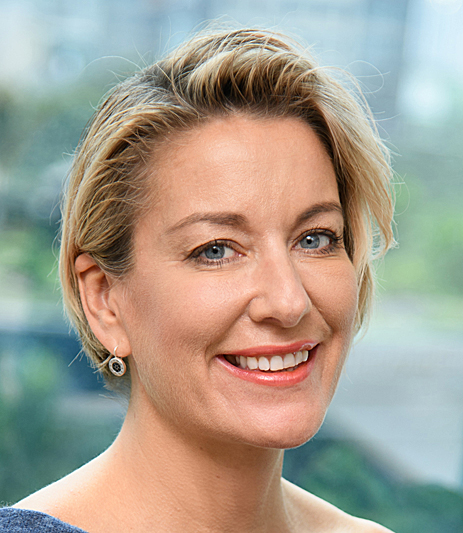
In just under a month we came up with and launched our At Home With Six Senses portal on 24 March. This offers advice around our brand values – on how to reduce anxiety and loneliness for example, as well as tips on everything from working at home to getting into good sleep routines. It’s been hugely successful in enabling us to communicate with our customers and they’re giving feedback daily on what they like and don’t like.
We think the future is going to focus on self-responsibility as people realise the importance to taking care of their own health – they won’t just want a massage, they’ll want to learn about it, so the aim of our At Home initiative is to offer proactive and pragmatic ways for people to care for themselves and the people they love.
Like all spa businesses, we’ve had to shut our properties. But there is light at the end of the tunnel. IHG, the owners of Six Senses, had 170 hotels closed in mid-March and almost all of those have now reopened. At Six Senses Quing Cheng Mountain in China, the restaurant had 70 walk ins the first day the lockdown was lifted and it’s experiencing up to 100 per cent occupancy at the weekends. The ramp-up will be slow and limited to domestic travel this summer but then the international side will pick up and there will be a huge opportunity for wellness tourism when it does.
Six Senses operates 20 resorts and 33 spas globally. Details: www.sixsenses.com
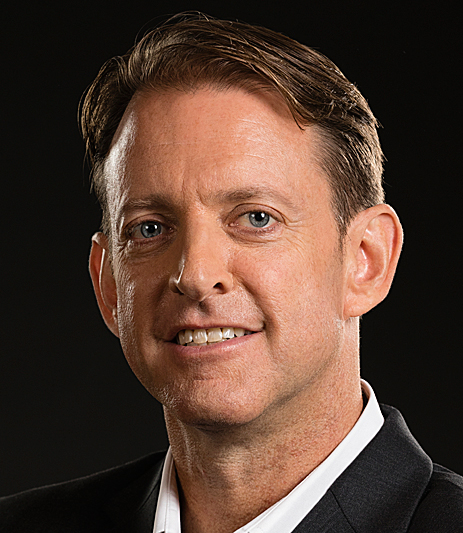
The most common question I’m getting right now is ‘will consumers be hesitant to return to spas as they’re essentially businesses which touch people?’. I’m more optimistic than most and think spas have a real opportunity to establish themselves as a place to go for ‘safe touch’ by offering an immaculately clean environment, highly trained therapists, and high levels of safety and cleanliness.
Mandarin Oriental already had some of the most stringent and comprehensive safety and cleanliness standards in the industry but we’re now relooking at every touchpoint in our colleague and customer journey to consider how we may need to modify our approach.
Trust is a big factor. The spas which have a high level of trust, which have most authentic approach to wellness and are the most passionate about the care they give guests, will be resilient and will come back. Those that don’t will struggle and many will close.
People are already focusing more on wellness. The pandemic is the most devastating to those with underlying health conditions and it’s a stark reminder of mortality. A time of disruption also breaks people’s old habits and creates space for new habits to be formed. The wellness industry needs to help people establish a new lifestyle for themselves and to offer authentic experiences led by true experts that make a meaningful impact on people’s health and quality of life.
We’re also very concerned about the impact on mental health that this unprecedented period of stress, anxiety and isolation is having on people. That’s why we’re training all of our spa colleagues to be mentally strong when they come back to work and we’re focusing on the mental wellness aspects of our spa experiences as a priority for our reopening.
Mandarin Oriental runs 30 spas around the world. Details: www.mandarinoriental.com

Spa consultancies seem to be faring better than others in the global spa community. We’re most fortunate that on-going projects are not slowing down and clients are still planning and/or building now to be ready for when things do pick up. At the same time, new prospective clients are already coming to us because of the coronavirus outbreak for advice on incorporating wellness.
We’re getting 10-15 per cent more enquiries than usual and most of those are for new builds (80 per cent) or renovations. There’s also been interest in creating ‘adaptable’ spa models to resonate with what a ‘new normal’ may be when we come back into the light. This fits in well with our Blu Galaxy indoor/outdoor soaking retreat concept which includes diverse experiences, all with health benefits, that are mostly enjoyed outside.
Without doubt COVID-19 will impact on spa design. The technology, materials and finishes to deliver more clean, virus-resilient ecosystems for spas and wellness facilities already exist. Whether that’s to do with air quality, such as filtration systems, wearable air purifiers or air-purifying curtains; or cleanliness, such as elegant sanitisation portals, back-of-house ‘clean zones’, a reduction of ‘touch zones’ (think Star Trek type sensor opening doors, RFID opening lockers), self-sanitising rooms or bacteria-battling robots.
Sitting in on a Green Spa Network virtual meeting also germinated some ideas for new treatment concepts. These include everything from hand treatments (we’re drying the heck out of them!) as a complimentary welcome back to the spa to a ‘re-awakening’ package where a spa layers services to encourage repeat visits and community participation. Services without practitioners – self-care, self-directed treatments – will be at the forefront. Expect more virtual and digital communication and connectivity. Immune boosting and detox therapies will be the new normal.
There’s so much opportunity to improve and reset or innovate and inspire. Blu Spas is a design and planning consultancy. Details: www.bluspasinc.com

People are still digesting what’s happening, but I do think you’ll see an intensified interest in health and wellbeing products in the future – especially for the home and office. Wellbeing certifications will become the new LEED and consumers will seek everything from germicidal lighting and antimicrobial surfaces to accessible healthcare and wellness programmes.
We’re fortunate that we already provide that environment in Lake Nona – it’s something we’ve innovated over the last 15 years. Our pioneering WHIT (Wellness Home built on Innovation and Technology) is a showcase for how to incorporate more health and wellness features. To this end, I think that well-built, well-positioned communities that offer wellness will continue to outperform, especially if they continue to evolve with the changing times.
Lake Nona, for example, has quickly switched its robust health and wellbeing programming to a virtual platform including meditation and yoga to cardio workouts and more. Now is the time to get ahead of the curve as everything from the master plan of a space, to the design of a building, to the operations is likely to evolve as a result of COVID-19. Safety and health is going to be top of mind and this includes our spas which are still in development.
Overall there will be a need for more private spaces in buildings, more space in general to accommodate more people while keeping safe distances. Spas, on the other hand, will have a heightened sense of responsibility to ensure people feel safe in confined spaces. This will include reducing waiting room and recovery area footprints and limiting numbers so everyone can space out.
In general, cleaning and janitorial protocols will increase, reducing the things we need to touch, encouraging virtual meetings and reducing required travel and in-person meetings. Spas will also focus on this and may potentially look at using protective face coverings when up close during services – anything to maintain the comforting and relaxing environment they provide.
Tavistock is the developer of Lake Nona, a mixed-use planned community covering 17sq miles in Orlando, US. Details: www.lakenona.com
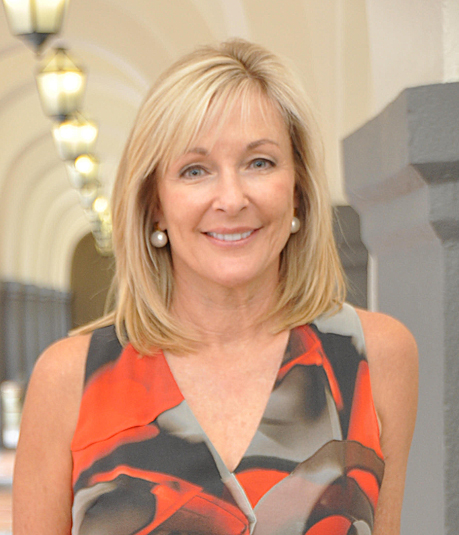
With every challenge comes opportunity. That’s what we see from our global vantage point at the Global Wellness Institute (GWI).
In the midst of worries about coronavirus, it can be easy to slip into fears about the unknown and concerns about the suffering a global health crisis could cause people around the world – and those in our industry. However, I believe members of the spa and wellness industry are extremely resilient – and resourceful – and are demonstrating extraordinary leadership during this crisis.
At the beginning of March, GWI launched the PositivelyWell campaign to encourage the spa and wellness industry to respond to fear with hope, optimism and a message of wellness. Shortly after, the GWS launched a series of collaboration calls and master classes to bring industry leaders together in meaningful dialogue to share ideas and best practices for navigating the COVID-19 crisis.
The feedback to these additions has been inspiring. Owners of spas, fitness clubs and wellness centres, executives in the hospitality and travel industry and leaders in health and wellness from around the world have shared insightful articles and inspiring quotes as part of the PositivelyWell campaign. And as of the end of April, 2,000 people from 75 countries have participated in the collaboration calls (see p56), with more planned.
While not discounting the seriousness of the pandemic, I believe this is the exact moment to recognise that we have an opportunity to reinforce the self-care message we proclaim – and to remind our clients, employees, families and friends that now is the time to commit to wellness in their own lives and the lives of those in our homes, businesses and communities.
We must recognise this is the ideal time to encourage a focus on building a strong immune system through exercise, healthy nutrition, stress reduction, smoking cessation and more. And we need to prepare for the time when the pandemic has subsided – to trumpet our message even louder and wider.
GWI’s mission is to spread the word about preventative health and wellness worldwide. Details: www.globalwellnessinstitute.org
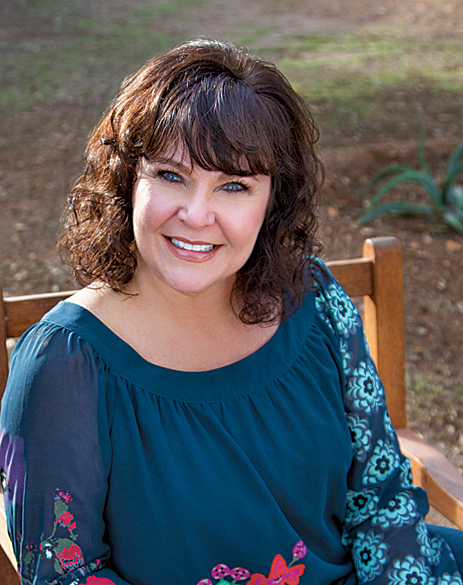
ISPA is, of course, mindful of the potential large-scale implications the spread of COVID-19 has had on public health, the economy and our industry in the long term. However, we also know that a lot can be done immediately to support our members and the industry as a whole, and that’s what we’re focusing on.
As the seriousness of coronavirus became clear, ISPA immediately created a COVID-19 resources page to share best practice and business guidance from organisations like the World Health Organization. That page has since grown to include a central repository of relevant resources. More recently, we’ve created a COVID-19 Reopening Toolkit to assist spas as they prepare to reopen. This includes a Spa Reopening Checklist to help guide spas through the process, communication templates to simplify marketing efforts and a Spa Sanitation and Hygiene Standards list. Currently, the toolkit has been downloaded more than 77,000 times.
We’ve also published the results of one coronavirus snapshot survey to better understand the needs of the industry (see SB 2020 issue 2 p46) and will release the results of a second in May. In addition, PwC has conducted a separate study for ISPA examining the pandemic’s impact on consumer decision-making and spending (see SB 2020 issue 2 p20).
Though it’s tempting to look at – and worry about – the future, we strongly believe our attention should be on what we know to be true right now: those in our industry need whatever support and guidance we can offer. As the ‘what comes next’ becomes clearer, we’ll be there to help spas bounce back from this crisis and its countless unknown consequences.
Though we don’t yet know precisely what those consequences will be, we remain hopeful that the spa industry’s response will be an example for others to follow. I say that because in my 25 years with ISPA, I have been repeatedly amazed by the strength, compassion and resiliency of the global ISPA community.
ISPA represents health and wellness facilities and providers in over 70 countries.Details: www.experienceispa.com





